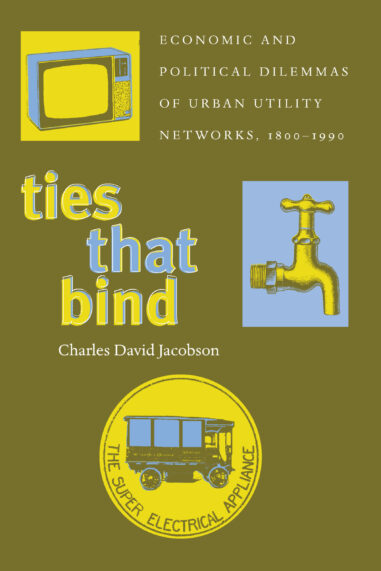In the early days of utility development, municipalities sought to shape the new systems in a variety of ways even as private firms struggled to retain control and fend off competition. In scope and consequence, some of the battles dwarfed the contemporary one between local jurisdictions and cable companies over broadband access to the Internet. In this comparative historical study, Jacobson draws upon economic theory to shed light on relationships between technology, market forces, and problems of governance that have arisen in connection with different utility networks over the past two hundred years. He focuses on water, electric, and cable television utility networks and on experiences in four major American cities — Boston, Seattle, San Francisco, and Pittsburgh, arguing that information and transactions costs have played decisive roles in determining how different ownership and regulatory arrangements have functioned in different situations.Using primary sources and bold conceptualizations, Jacobson begins his study by examining the creation of centralized water systems in the first half of the nineteenth century, moves to the building of electric utilities from the 1880s to the 1980s, and concludes with an analysis of cable television franchising from the 1960s to the 1980s. Ties That Bind addresses highly practical questions of how to make ownership, regulatory, and contracting arrangements work better and also explores broader concerns about private monopoly and the role of government in society.



